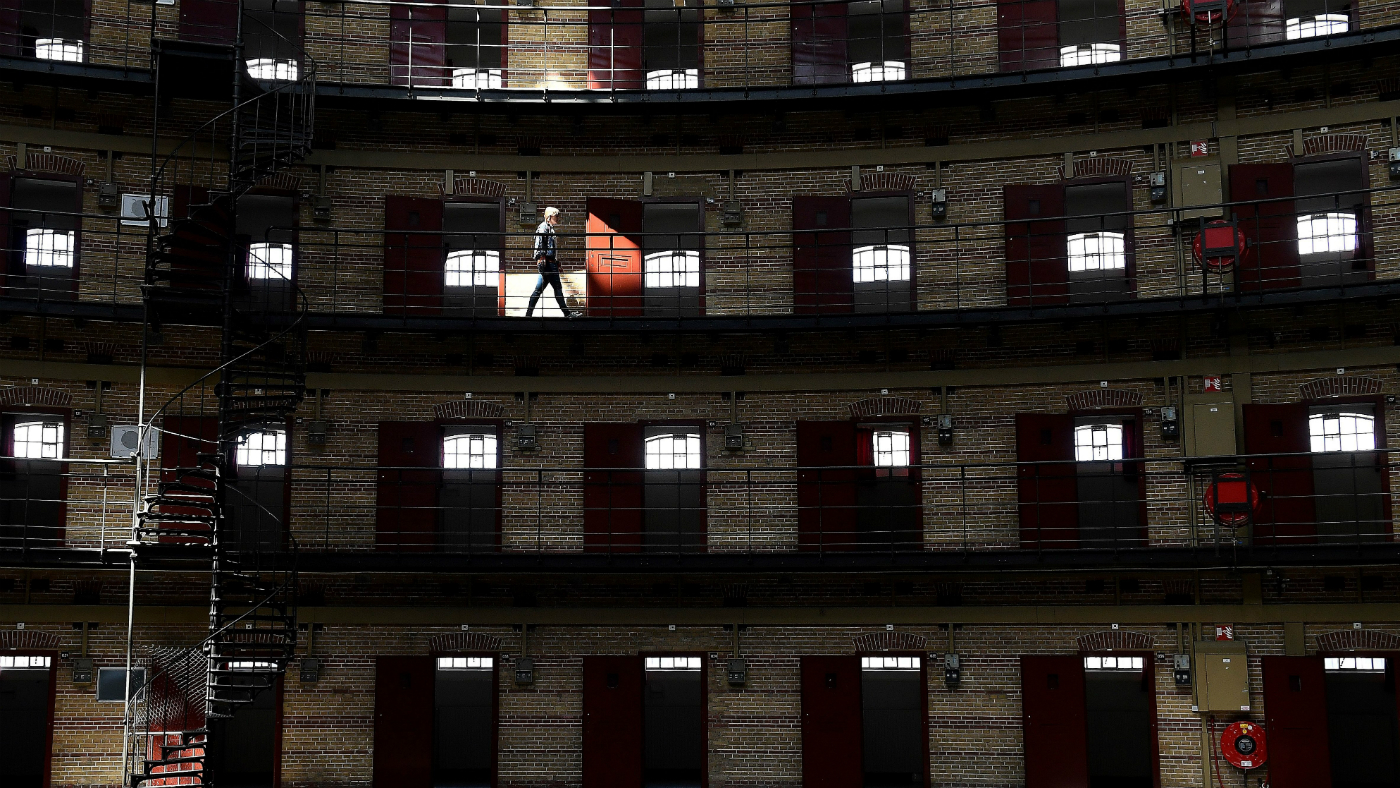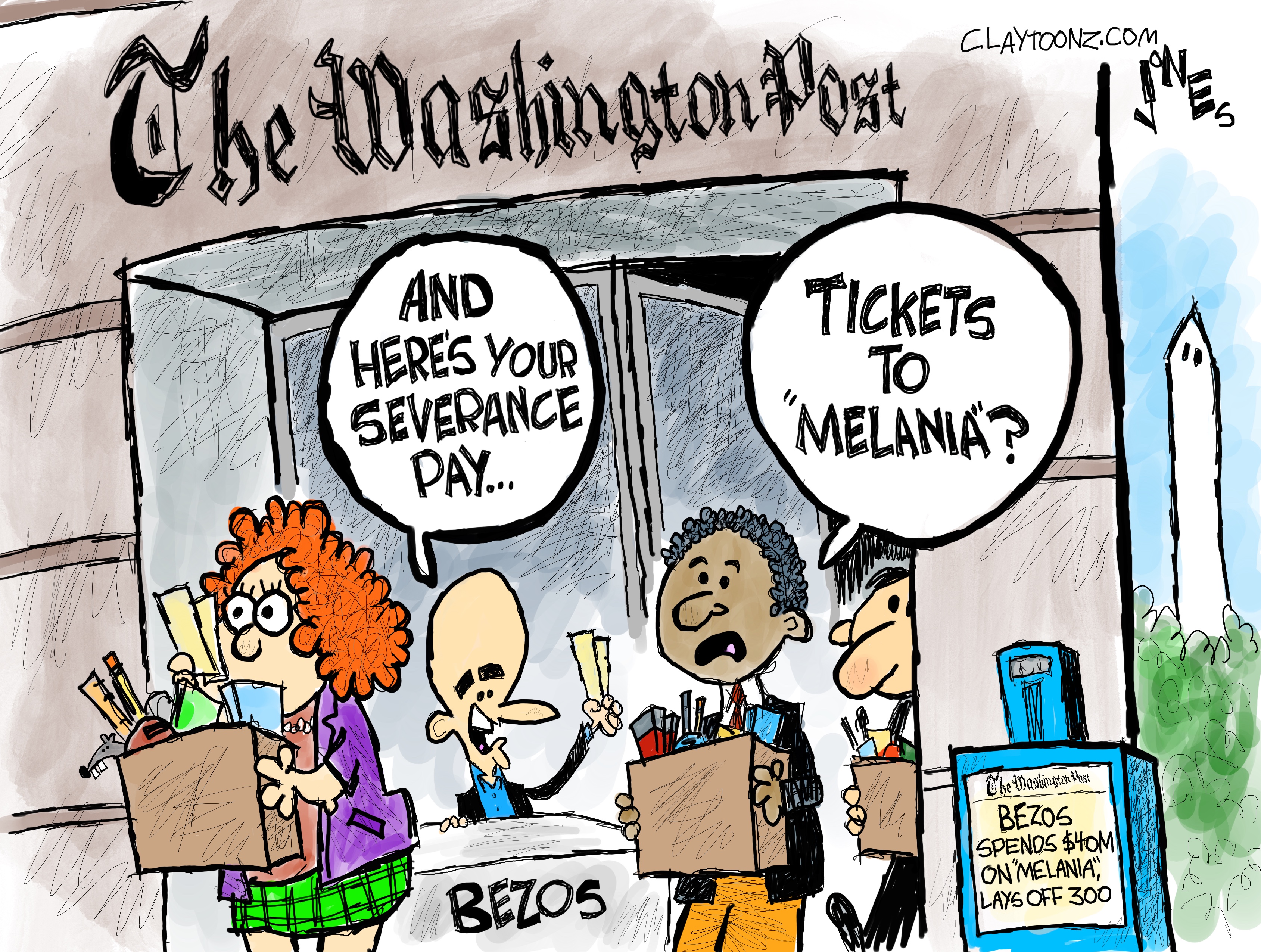Why the Netherlands is closing its prisons
Dutch crime statistics make damning reading for UK ministers struggling to tackle overcrowded jails

A free daily email with the biggest news stories of the day – and the best features from TheWeek.com
You are now subscribed
Your newsletter sign-up was successful
The government of the Netherlands is to close a further four of the nation’s prisons as crime rates hit their lowest level since 1980.
According to the Dutch national statistics office CBS, there are now just 49 crimes reported for every 1,000 citizens per year.
Sources told Rotterdam-based newspaper Algemeen Dagblad that prisons in Zoetermeer, Zeist, Almere and Zwaag are to be shut down by Justice Minister Sander Dekker.
The Week
Escape your echo chamber. Get the facts behind the news, plus analysis from multiple perspectives.

Sign up for The Week's Free Newsletters
From our morning news briefing to a weekly Good News Newsletter, get the best of The Week delivered directly to your inbox.
From our morning news briefing to a weekly Good News Newsletter, get the best of The Week delivered directly to your inbox.
The Netherlands has closed a number of its jails in recent years amid plummeting crime rates. In 2013, 19 of the country’s prisons were axed because there weren’t enough criminals to fill them, according to The Independent. A further five were shut down last year.
The DutchNews site reports that, in the face of mass job losses, the 2013 closures “led to a storm of protest from prison workers, [so] the government began ‘importing’ prisoners from Belgium and Norway to fill the gap and keep some prisons open”.
Only 700 of the 2,000 prison workers affected by the 2017 closures were moved to other roles within Dutch law enforcement.
The statistics make for damning reading for Theresa May’s government, amid rising fears about the “crisis” of Britain’s packed prisons, The Guardian says. Two-thirds of the country’s jails are officially overcrowded, the newspaper reports.
A free daily email with the biggest news stories of the day – and the best features from TheWeek.com
An investigation by The Observer in February found that of 118 UK prisons subject to official inspections, 68% were providing “unsatisfactory standards in at least one respect, with two in five jails deemed to be unacceptably unsafe”.
Lord Woolf, the former lord chief justice, told the newspaper that overcrowding urgently needed to be tackled.
“I’m afraid we’ve got to have a complete reassessment of the situation,” Woolf said. “Whenever there is a particularly nasty crime, what Parliament wants to do is have a new offence and put sentences up, and so we go on.”
Speaking on the BBC’s Sunday Politics programme last month, Prisons Minister Rory Stewart said that the Government was looking at ways to reduce prison overcrowding, and that he was calling for a “massive reduction” in the number of people sent to prison for a short sentence.
-
 Political cartoons for February 6
Political cartoons for February 6Cartoons Friday’s political cartoons include Washington Post layoffs, no surprises, and more
-
 Trump links funding to name on Penn Station
Trump links funding to name on Penn StationSpeed Read Trump “can restart the funding with a snap of his fingers,” a Schumer insider said
-
 US, Russia restart military dialogue as treaty ends
US, Russia restart military dialogue as treaty endsSpeed Read New START was the last remaining nuclear arms treaty between the countries
-
 Epstein files topple law CEO, roil UK government
Epstein files topple law CEO, roil UK governmentSpeed Read Peter Mandelson, Britain’s former ambassador to the US, is caught up in the scandal
-
 Iran and US prepare to meet after skirmishes
Iran and US prepare to meet after skirmishesSpeed Read The incident comes amid heightened tensions in the Middle East
-
 Israel retrieves final hostage’s body from Gaza
Israel retrieves final hostage’s body from GazaSpeed Read The 24-year-old police officer was killed during the initial Hamas attack
-
 China’s Xi targets top general in growing purge
China’s Xi targets top general in growing purgeSpeed Read Zhang Youxia is being investigated over ‘grave violations’ of the law
-
 Panama and Canada are negotiating over a crucial copper mine
Panama and Canada are negotiating over a crucial copper mineIn the Spotlight Panama is set to make a final decision on the mine this summer
-
 Why Greenland’s natural resources are nearly impossible to mine
Why Greenland’s natural resources are nearly impossible to mineThe Explainer The country’s natural landscape makes the task extremely difficult
-
 Iran cuts internet as protests escalate
Iran cuts internet as protests escalateSpeed Reada Government buildings across the country have been set on fire
-
 US nabs ‘shadow’ tanker claimed by Russia
US nabs ‘shadow’ tanker claimed by RussiaSpeed Read The ship was one of two vessels seized by the US military